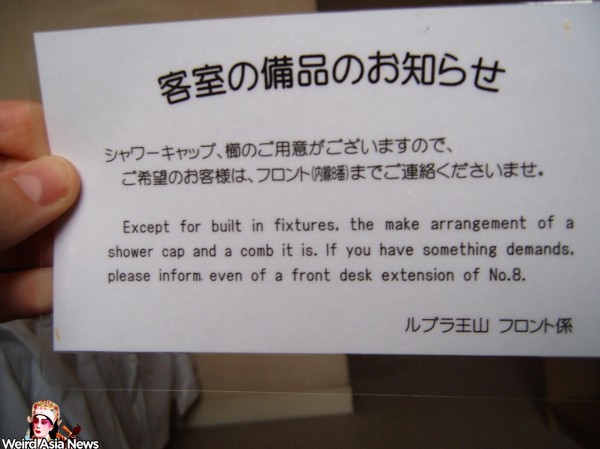
I recently replied to a post on Google’s Gmail Help forums regarding phishing, and it touched on an issue I’ve been confused about for years:
[…]
This is the result of a common translator (Google’s , Babelfish, etc.) being used on perfect grammar-from
another country.
Now for years the question has remained as to why an Asian, or other, company wouldn’t just spend a few quick dollars and have their text proof read? I’m not talking (necessarily) about the phishing expeditions, but in all matters foreign where they know an English audience will be reading their material? I’ve been to Asia, and it is crazy how proud they are of their own country and culture. They would rather spend their energy and time making a knock-off of [insert virtually any product type here] than to use that ingenuity to make
their own brand, and establish their countries as those known for making good _original_ goods, instead of really good knock-offs.
Trust me on this, as I have purchased a LOT of Asian knock-offs, and they are a terrific value-as long as you realize what they actually are.
 There is no translator that converts perfect to perfect… but this next one is probably even better than the first.
There is no translator that converts perfect to perfect… but this next one is probably even better than the first.
The top part of the sign is in English, but when they emailed someone to translate that English into Welsh, the response actually said “I am not in the office at the moment. Please send any work to be translated.” That’s right, it’s an out of office message, which subsequently made it onto the road sign undetected. We hope those residents are getting used to Welsh truck drivers carrying heavy goods. from here.
Translation, although it would cost just a few dollars, is something I believe is outside their comfort zone with regard to national (cultural) pride.
So. Attention all Asian, Welsh and other companies wanting to get into the US markets by translating your manuals, instructions, and yes-even banners-into English: Send me your broken English and I will make it perfect. I will charge only $5 USD per document, up to 500 characters. How can you miss with that? Email me for my PayPal account!












Lets see if I can help clean up the masses of virtually unintelligible translations out there! :)

